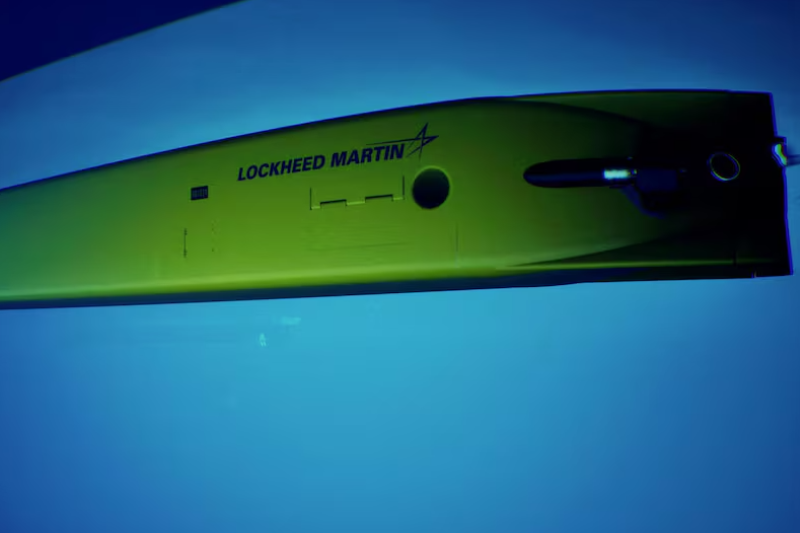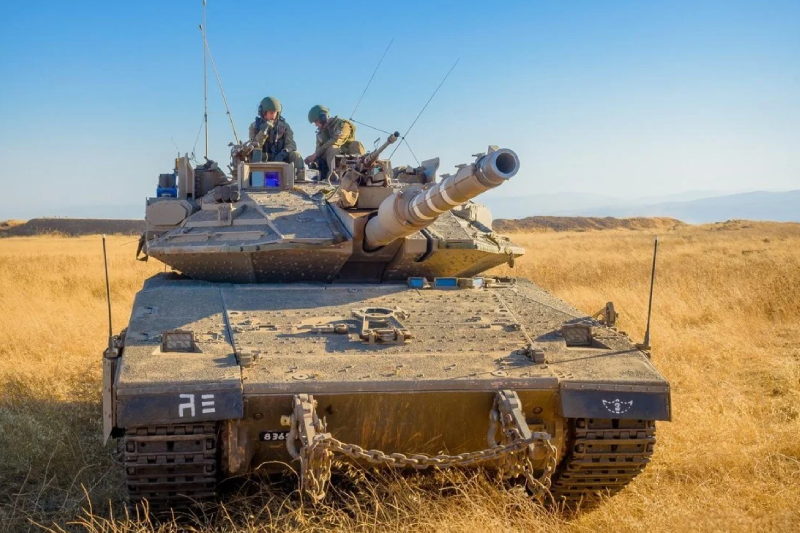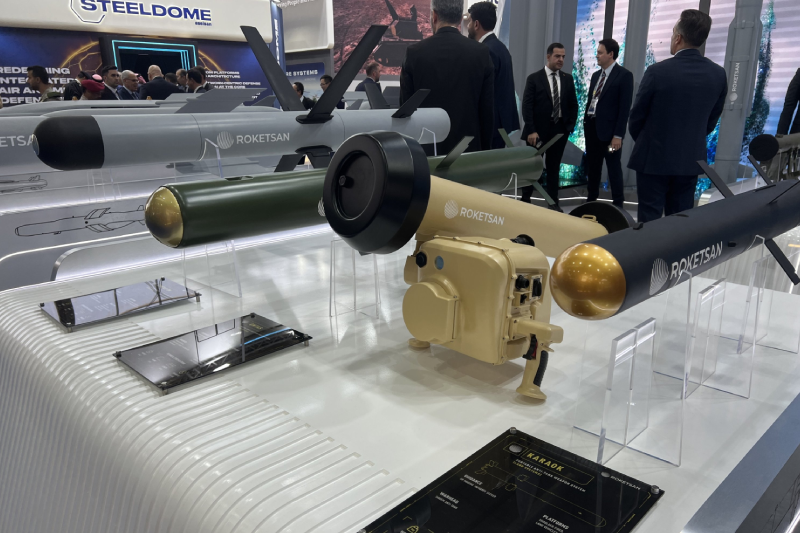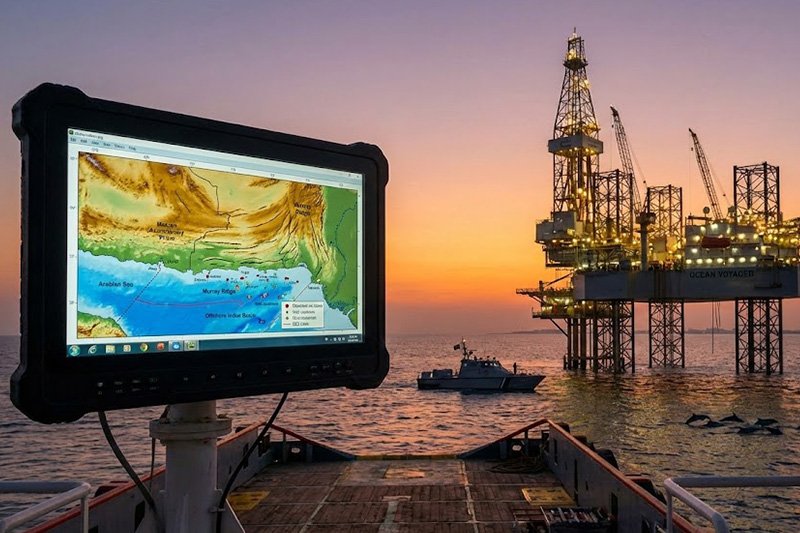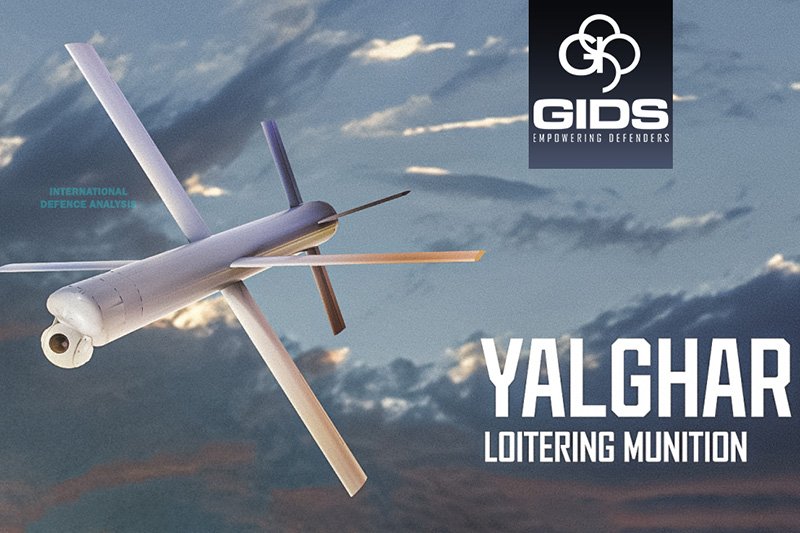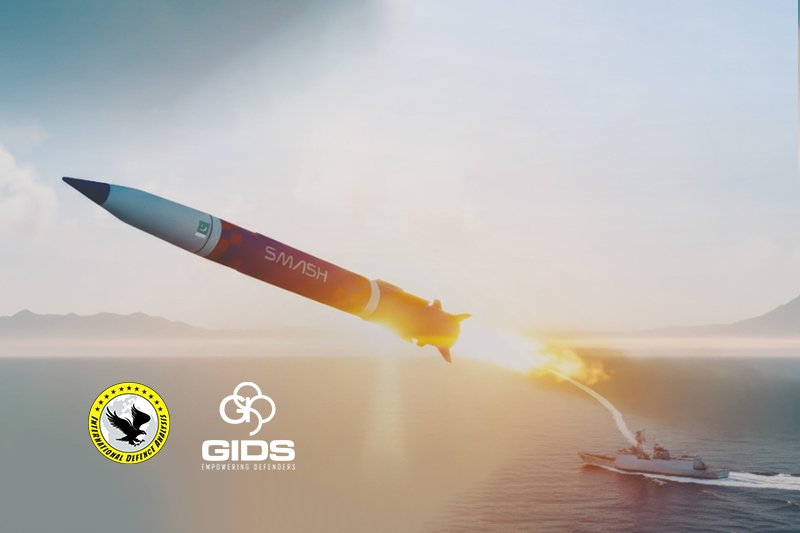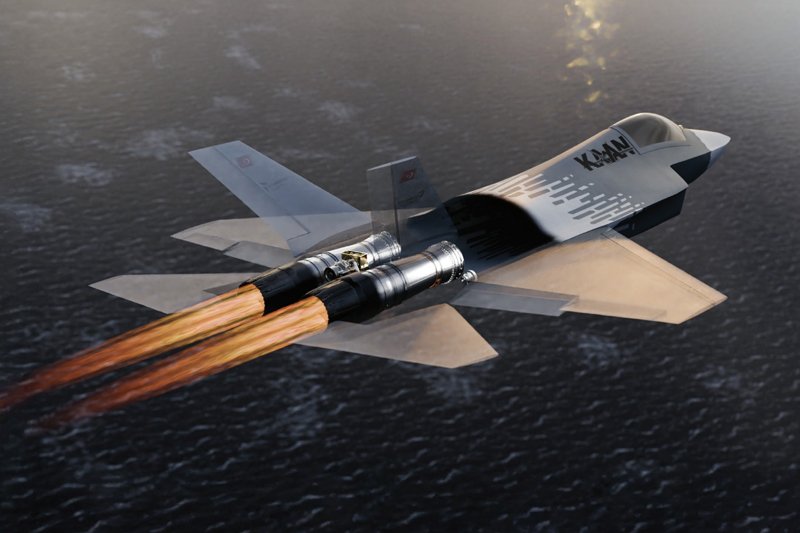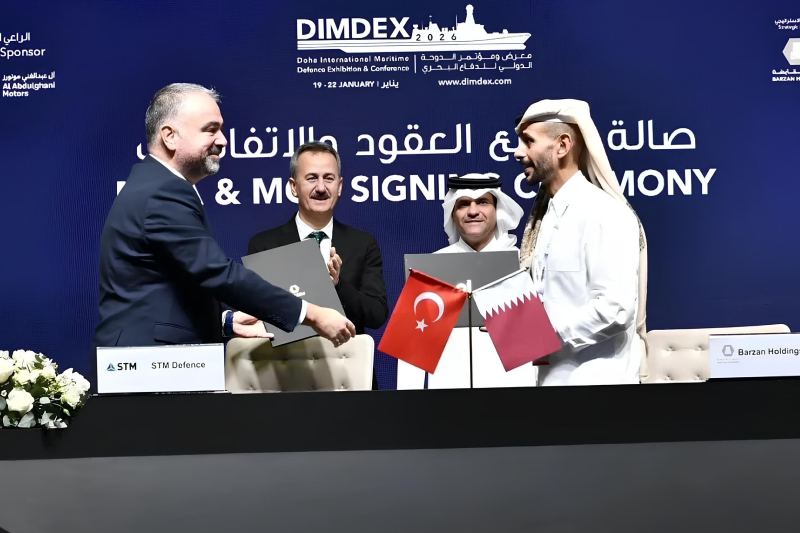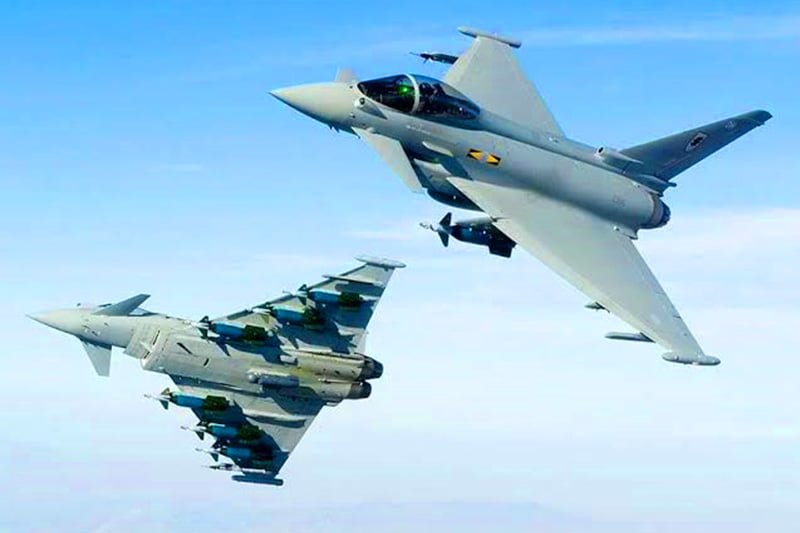Türkiye’s Eurofighter Jet Deal Stalled by German Obstacle
In a recent development highlighting the complex dynamics of international arms deals, Giancarlo Mezzanatto, CEO of Eurofighter, has confirmed Türkiye’s interest in acquiring Eurofighter Typhoon jets. However, he revealed that Germany has blocked the potential sale, adding another layer to Türkiye’s ongoing efforts to modernize its air force.
Türkiye’s interest in the Eurofighter Typhoon, a twin engine, supersonic fighter jet, comes after a prolonged process regarding its acquisition of F-16 warplanes from the United States. The Eurofighter is produced by a consortium of European countries, including Germany, Britain, Italy, and Spain, represented by aerospace giants Airbus, BAE Systems, and Leonardo.
In November, Türkiye announced negotiations with Britain and Spain to purchase 40 Eurofighters. This move came as an alternative after Türkiye’s removal from the F-35 program in 2019 due to its acquisition of Russian S-400 missile defense systems. The US imposed sanctions under CAATSA (Countering America’s Adversaries Through Sanctions Act) in response to this purchase.
Earlier this year, the United States finally approved the sale of 40 of Lockheed Martin’s latest generation F-16s to Türkiye, along with 79 modernization kits for its existing fleet. This approval came after Türkiye ratified Sweden’s NATO membership. However, recent reports suggest that Türkiye is looking to scale back the estimated $23 billion contract, aiming to produce some parts locally and reduce the number of upgrade kits and munitions to cut costs.
Also read this: US, Japan Announce Historic Military Overhaul Amid Asia Tensions
Despite progress with the F-16 deal, Türkiye has maintained interest in the Eurofighter Typhoon. Mezzanatto confirmed that Ankara aimed to purchase 40 to 50 aircraft. However, Germany’s opposition has become a significant hurdle in this pursuit.
President Recep Tayyip Erdoğan recently urged German Chancellor Olaf Scholz to lift the block on the sale during a meeting at the NATO summit in Washington. Erdoğan noted that Scholz did not express a negative stance on the Eurofighters, suggesting potential for future negotiations.
Mezzanatto speculated that Germany’s reluctance might be linked to Türkiye’s natural gas exploration activities in the Eastern Mediterranean, an area of longstanding tension between Türkiye and Greece.
Despite the setback with Türkiye, Mezzanatto remains optimistic about Eurofighter’s market prospects. He reaffirmed his target of selling 150-200 jets in two years, citing recent orders from Spain, Germany, and Italy. Additionally, progress is being made on a potential sale of 48 jets to Saudi Arabia following Germany’s lifting of an arms embargo, and Poland has expressed interest in 32 fighter jets.
The Eurofighter Typhoon, which first flew in 1994, is currently used by several countries including Austria, Kuwait, Oman, Qatar, and Saudi Arabia, in addition to the consortium members.
Türkiye’s pursuit of new fighter jets is part of a broader effort to modernize its air force. The country seeks to replace its aging F-16 fleet, which is expected to be phased out starting in the 2030s. This need became more pressing after Türkiye’s removal from the F-35 program, where it had ordered about 100 aircraft and was involved in manufacturing components.
Keep connected with us at Facebook, Twitter, YouTube, Instagram & TikTok for latest defense happening around the globe.
Discover more from International Defence Analysis
Subscribe to get the latest posts sent to your email.



